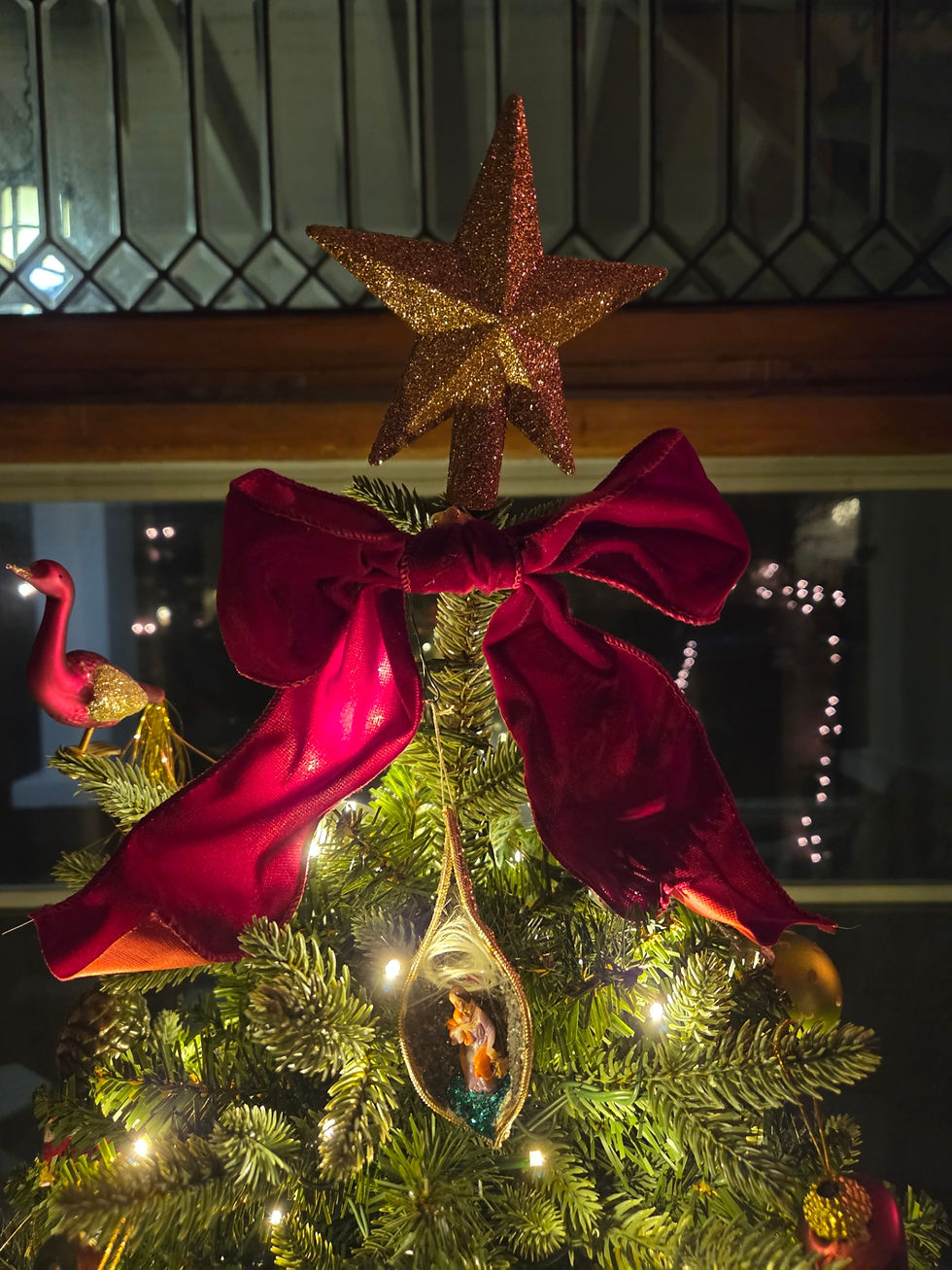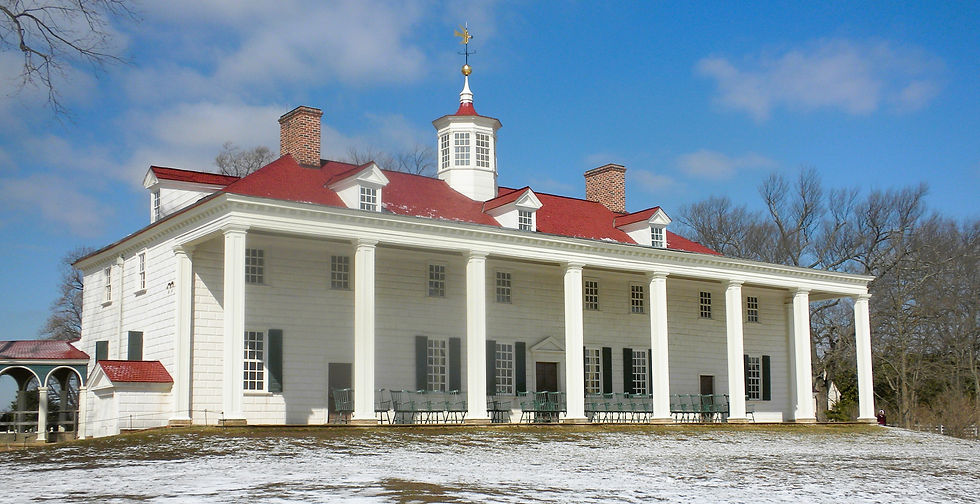Gratitude Friday 3-11-22 – The Two-Year Mark - What Have We Learned?
- Bill Stauffer

- Mar 11, 2022
- 4 min read

“But doth must suffer a sea-change into something rich and strange.” ― William Shakespeare, The Tempest
Reflecting on the pandemic this Gratitude Friday. I knew what zoonosis was before 2020. A mystery virus jumping species in China catches my attention. The first press report I saw on COVID-19 was on Christmas, 2019. By mid-January of 2020, it was clear it had a very high rate of communicability. It was apparent it would be at all of our doorsteps very quickly. By February 1, 2020, I had all those things that people scrambled for a month later. I had never done such preparations before, but I did this time. It is probably a part of the heightened level of situational awareness I wrote about a few weeks back. And then two years ago this week, the world ground to a halt. Very uncertain times.
Last year, at the one-year mark I became quite hopeful we could shorten the cycle through vaccinations and what we knew at that point about transmission. History will reflect on this as one of the great successes of science. Never before in human history have we moved so quickly to develop a response to a new virus. I am grateful for that! Science made huge advances in a short period of time. Necessity is indeed the mother of invention. Lives were saved by science.
What has not changed over the millennia is how humans are wired. During the Black Death, people painted plague signs on their doors, wore hair shirts and whipped themselves to atone for the signs of man, believing that Yersinia pestis was visited upon us by an angry god. There were odd cures, like the “Vicary Method.” A healthy chicken was taken, and its back and rear plucked clean; this bare part of the live chicken was then applied to the swollen nodes of the sick person and the chicken strapped in place. When the chicken showed signs of illness, it was thought to be drawing the disease from the person. It was removed, washed, and strapped back on and this continued until the chicken, or the patient died. In our era, people drank lemon and baking soda or even ingested bleach. We really have not changed much.
My parallel to recovery - I did get into recovery until I had no other choice. As a society, it looks like we have a bunch of those kinds of no alternative problems staring us down. We may differ in opinion on how to fix them. But there is broad consensus that things are FUBAR. The odds are we will not collectively wake up tomorrow and decide on a solution. I do think that a lot of people are processing solutions based on what is important to them. Like health care delivery disparities at rates too egregious to ignore. Perhaps this is the time we identify and pursue solutions to that one.
History can be instructive. Through these dark times, it has become clear to me that we may have better science, but our wiring is the same as it was a few thousand years ago. Humans are not logical creatures. We are emotional beings with a lot of cognition. We do not act logically under all circumstances; this is the unpleasant truth to face. We tend to fare better when we have faith in our institutions, and they are worthy of this trust. How do we get back there?
What are the roots of the problem? This Brookings Institute article notes that globally, we see that economic prosperity (in terms of GDP) can become decoupled from social prosperity (in terms of well-being in thriving societies). Economic prosperity is not an end in itself, but a means to social prosperity. They talk about something called the recoupling dashboard, part of the Global Solutions Initiative. It is an attempt to measure a nations wellbeing beyond its GDP.
Consider deaths of despair. America leads the world in these deaths. I am not suggesting that the Global Solutions Initiative has all the solutions here, but what constitutes a healthy society is what we need to talking about right now. Cohesive societies have more trusted institutions. I know that the kinds of things that the recovery community focuses on, hope, purpose and connection are things that the world can use more of right now. How do we get more of that?
We have a very long road of evaluating who we are, where we want to go and what we can fix in our society as a result of this collective experience. For all the grim facts at hand, I remain an optimist. Some of the things that have been instructive to me is how much I could find joy in small things when my world got small, and were forced to look closer. Tiny little facets, small things I used to miss kept me moving forward. The world had stopped. The air in our city smelled fresh. It was so quiet. I could hear the birds. Amazing things happened in our postage stamp back yard as spring unfolded. I took pictures of it like the one above. And during that 2021 summer pandemic lull, the first time Julie and I went back out to a restaurant was sublime. A glimpse of post traumatic growth. As a society, will we grow or whither?
I am not going to sugar coat it. This is no cakewalk. Pandemics radically change societies. That translates to a whole lot of turmoil, such as we see now. But it is also true that underneath such upheaval, there are people looking at, examining and reconsidering their priorities. I believe that some really great things are going to come of that. I am grateful for the (sometimes hard) lessons that the last two years has forced us to learn. We have an opportunity to grow again. I am grateful to have found small things of joy over the last two years.
What are you grateful for today?










Comments